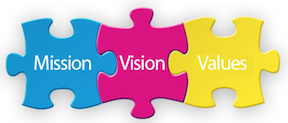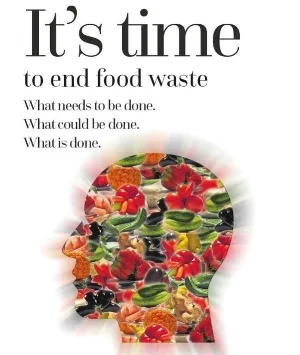The Farm Family of Common Good Farm
Just between snows in February, I visited Common Good Farm near Raymond, Nebraska. Ruth and Evrett, the farm family that started Common Good Farm are biodynamic farmers. In simple terms, this is organic farming at a deeper level. The treatment and care of livestock focuses on using food raised on the farm. Vegetables are fed with compost and manure from, you guessed it, this farm. Ruth and Evrett raise livestock, produce and are the proud of parents of Agnes, the corgi cattle dog and several 2-legged beings as well.
I enjoyed the morning at their kitchen table learning about their CSA and farm plans for the year, and several antidotes from their two teenagers who wandered in and out, depending on the topic at the table. Ruth and Evrett first heard about my idea for an inclusive urban farm last summer when I stopped to buy plants for my garden. They both had worked at Camphill Village in Minnesota, a farm for specially-abled adults.
When I laid out our plans for Fontenelle Forest’s Camp Brewster, Evrett perked up and asked to see a topography map. They understood immediately about my desire to create a community of care for these wonderful lands we’ve been allowed to care for and started asking more questions. “What kinds of native cultivars do you see there? How will you incorporate intense growing principles to generate good soil health? Have you contacted the Nebraska Statewide Arboretum?” They didn’t fire these questions at me, but rather pondered aloud. They were excited about the project.
In Ruth’s words, “This is such an incredible opportunity & community effort already. There is so much coming together in support, it’s very cool. The layout/topography still has great potential...tucked in and open spots for diversity of cropping, being more public, less public, etc.”
I will return to Common Good Farm soon, mostly to pick up some of their grass fed beef we ordered, but also for more conversations with these remarkable people.

































